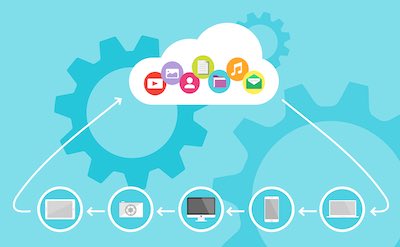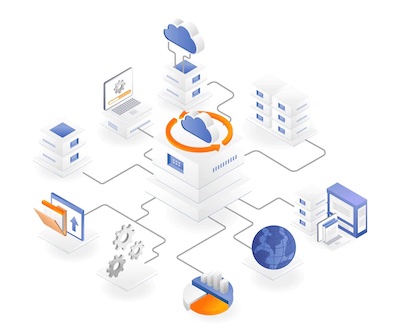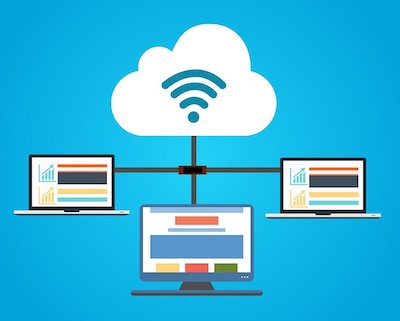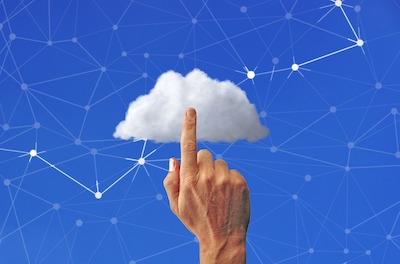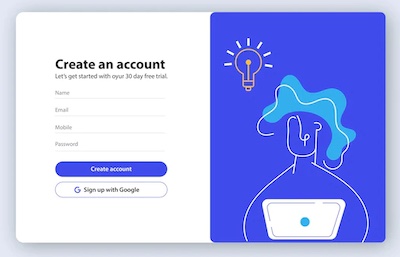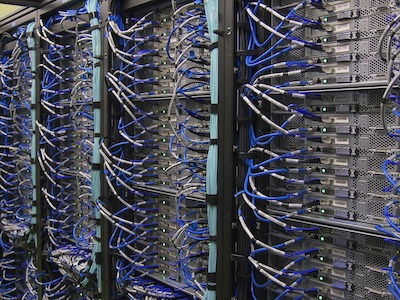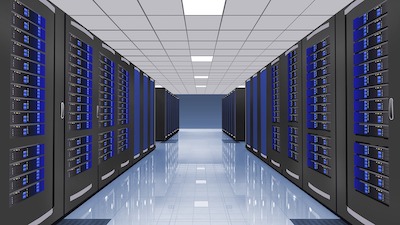 Cloud computing has been a buzzword for the past few years. In simple terms, cloud computing is the delivery of computing services over the Internet instead of a local network or an intranet. Cloud servers are one way in which companies and individuals can take advantage of cloud computing. The reality is that many people still don’t fully understand what cloud servers are, how they work, or why you might use them. In this blog post, we’ll be going over everything you need to know about cloud servers so that you can decide if using one is right for your business or personal needs.
Cloud computing has been a buzzword for the past few years. In simple terms, cloud computing is the delivery of computing services over the Internet instead of a local network or an intranet. Cloud servers are one way in which companies and individuals can take advantage of cloud computing. The reality is that many people still don’t fully understand what cloud servers are, how they work, or why you might use them. In this blog post, we’ll be going over everything you need to know about cloud servers so that you can decide if using one is right for your business or personal needs.
What Is a Cloud Server?
A cloud server is a virtual server hosted remotely from where the data of a business or organization is stored. It is usually accessed over the internet through a web browser or other type of online software. In other words, cloud servers are virtual servers that you can access remotely using the internet. This makes them ideal for businesses where multiple employees or locations are involved. You can use a cloud server to store and run your applications from just about anywhere. There are many benefits to using cloud servers, including increased flexibility and scalability. You can also use them to host your website or store data. These cloud servers are typically rented from a third-party provider. As such, they aren’t a piece of hardware you own. Rather, they are a service that you pay for every month.
Types of Cloud Servers
Cloud servers can be broken down into three basic types: IaaS (Infrastructure-as-a-Service), PaaS (Platform-as-a-Service), and SaaS (Software-as-a-Service).
IaaS: Infrastructure-as-a-Service (IaaS) is the underlying hardware that’s needed to host the cloud server. It includes the network, storage, and any other physical components. This type of cloud server is a good choice for companies that need to host an application in the cloud. It’s also a good choice if you want to host your applications on cloud servers.
PaaS: PaaS is an operating system (OS) or application programming interface (API) that’s used to develop and run the software. This means that the cloud provider has already done a lot of the work for you, including installing the OS and installing and configuring any necessary development tools.
SaaS: SaaS is software that’s hosted remotely. It’s often a service for which you pay a fee monthly or annually. Many different SaaS providers offer a wide range of software, such as CRM (customer relationship management) and HR (human resource) software.
How Do Cloud Servers Work?
Cloud servers work much like conventional servers that businesses have been using for years. However, they are hosted remotely and accessed via the internet. In most cases, they’re managed by the cloud server provider so that you don’t have to worry about patching, updates, backups, or other maintenance tasks. Cloud servers are usually shared among multiple clients. This means that multiple organizations are using the same hardware. This makes the servers scalable. If one organization needs more processing power, the cloud server provider can simply add another server to the cluster. This can enable the provider to meet the needs of other clients as well. This type of scalability is what makes cloud servers so appealing to businesses. No matter how large or small your company is, you can adjust your processing power as needed.
Why Use a Cloud Server?
Cloud servers can be used for just about any business function that requires processing power. You can also use them to store data, such as customer information or client records. They can be used for hosting websites or software applications. You can also use them for storing and processing large amounts of data. Some companies use cloud servers for custom applications, such as industrial robots or other machinery. Cloud servers can be used for a wide range of things, but they aren’t right for every situation. You should carefully consider your needs before deciding if a cloud server makes sense for your business. There are some benefits to using cloud servers, but they also come with certain drawbacks. Before you decide to use a cloud server, you should be aware of the advantages and disadvantages.
Limitations of Cloud Servers
Cloud servers aren’t right for every company. You should carefully consider your needs to see if they would be better served with a cloud server. There are some drawbacks to using a cloud server, though. You are typically sharing resources with a large number of other customers. This means that you are at the mercy of other users and their data usage patterns. If one client suddenly requires more processing power, you may experience slowdowns. There is also some risk associated with storing your data on a third-party server. If the provider goes out of business, you might lose access to your data. If your provider has poor security practices, you could also lose access to your data or have it stolen.
Final Words
Cloud servers are a great way to get access to more processing power and data storage. You can also use them to host your website or store data. However, cloud servers aren’t right for every situation. You should carefully consider your needs before deciding if a cloud server makes sense for your business. There are some advantages to using cloud servers, but they also come with certain drawbacks. Before you decide to use a cloud server, you should be aware of the advantages and disadvantages.

